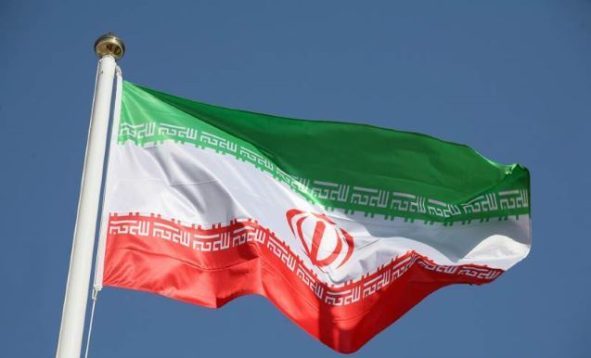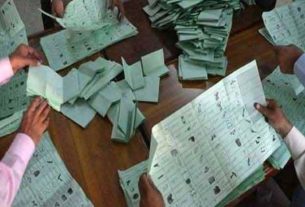Iran has released one Danish and two Austrian citizens who were imprisoned in the country, Vienna and Copenhagen have said, thanking Oman and Belgium for their help in getting the trio freed.
Austrian Foreign Minister Alexander Schallenberg said on Friday that he was “very relieved” that Kamran Ghaderi and Massud Mossaheb were being brought home after “years of arduous detention in Iran”.
Denmark’s foreign minister, Lars Løkke Rasmussen, said he was “happy and relieved that a Danish citizen is on his way home to his family in Denmark after imprisonment in Iran”.
He did not name the person, saying the former prisoner’s identity was “a personal matter” and he couldn’t go into details”.
Løkke Rasmussen thanked Belgium and said Oman “played an important role”.
Schallenberg thanked the foreign ministers of Belgium and Oman for providing “valuable support” without elaborating on what form it took.
An Oman Royal Air Force Gulfstream IV, which had been on the ground in Tehran for several days, took off shortly before the announcement.
After a stop in Oman and medical tests, the three will be flown to Belgium’s military airport in Melsbroek, Prime Minister Alexander De Croo said.
Oman has good relations with both Iran and Western countries and has acted before as an interlocutor. The releases come after Omani Sultan Haitham bin Tariq visited Iran on his first trip there since becoming the Arab nation’s ruler in 2020.
Ghaderi is an Iranian-Austrian businessman who was arrested in 2016 and sentenced to 10 years in prison for allegedly spying for the United States, charges strongly rejected by his supporters.
His family had criticised Austria for being silent on his case in recent years.
Mossaheb, also an Iranian-Austrian businessman, was arrested in 2019 and received a 10-year prison sentence after what Amnesty International called “a grossly unfair trial for vague national security offenses”.
Amnesty had said Mossaheb suffered from heart failure and diabetes, making his imprisonment that much more dangerous for him.
Iranian state media did not immediately acknowledge a release on Friday.
Last week, a prisoner exchange between Belgium and Iran saw the release of Belgian aid worker Olivier Vandecasteele.
In exchange, Belgium freed Iranian diplomat Assadollah Assadi, who had been imprisoned for a 2018 plot to bomb an Iranian opposition rally outside Paris.
Critics of the exchange said it would encourage Tehran to take Belgians hostage as bargaining chips to seek the return of agents like Assadi arrested for “terror” offences in the West.
Iran has detained a number of foreigners and dual nationals in recent years, mostly accusing them of espionage or other state security offences. Rights groups have criticised the arrests as a tactic to win concessions from abroad by inventing charges, an accusation Tehran denies.__Al Jazeera





